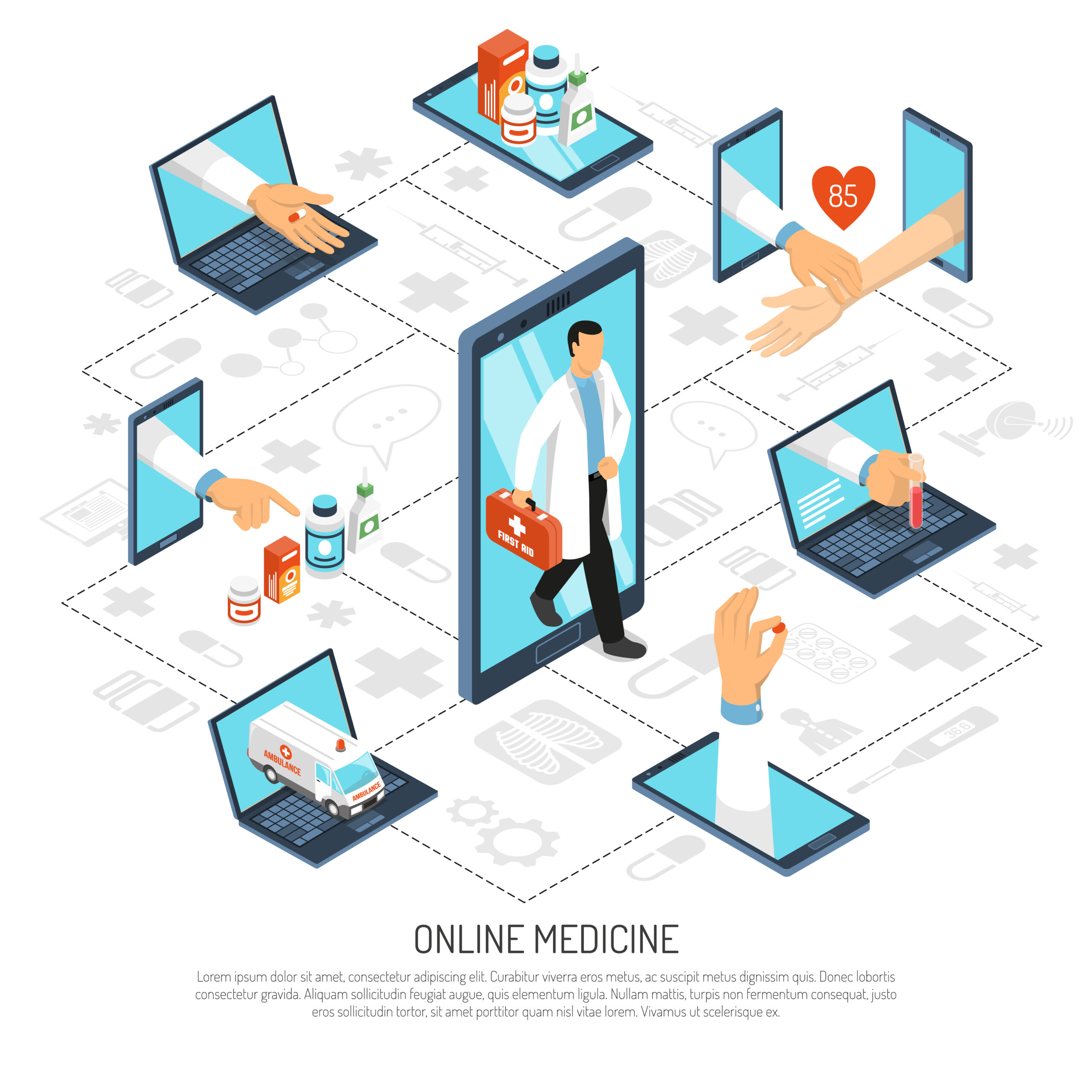NFC (Near Field Communication) tags are increasingly being utilized in healthcare and wellness, offering a range of benefits such as improved patient care, enhanced communication, and streamlined processes. Here’s how NFC tags are being innovatively applied in this sector:
1. Patient Identification and Tracking
NFC tags can be embedded in wristbands or ID cards to enable quick and efficient patient identification in hospitals and healthcare facilities. By scanning the NFC tag with a mobile device, medical staff can instantly access a patient’s medical records, treatment plans, and personal information. This system reduces errors, speeds up care, and ensures that all relevant information is readily available.
2. Medication Management
NFC tags attached to medication bottles or packaging can provide patients with essential information about dosage instructions, potential side effects, and medication reminders. Patients can scan these tags with their smartphones to access personalized medication schedules and reminders, helping them adhere to treatment plans and improve overall medication management.
3. Medical Equipment Tracking
Hospitals and healthcare facilities can use NFC tags to track and manage medical equipment such as wheelchairs, infusion pumps, and defibrillators. Each piece of equipment can be equipped with an NFC tag containing information about its location, maintenance history, and usage status. This allows medical staff to easily locate and manage equipment, ensuring that it is available and in good working order when needed.
4. Telemedicine and Remote Patient Monitoring
NFC technology facilitates telemedicine and remote patient monitoring by enabling patients to easily access healthcare services and share vital health data with providers. Patients can use NFC-enabled devices, such as smartphones or wearables, to scan NFC tags embedded in medical devices or home monitoring equipment. This data can then be securely transmitted to healthcare providers for remote analysis and monitoring, supporting more proactive and personalized care.
5. Health and Wellness Tracking
NFC tags can be integrated into wearable health trackers, smart scales, and other wellness devices to monitor various health metrics like heart rate, blood pressure, and activity levels. Users can scan these tags with their smartphones to view real-time health data, set fitness goals, and track progress over time. This functionality empowers individuals to make informed decisions about their health and wellness.
6. Emergency Medical Information
NFC tags can store emergency medical information, such as allergies, medical conditions, and emergency contact details, on wearable devices or ID cards. In an emergency, first responders and medical personnel can quickly access this critical information by scanning the NFC tag, enabling them to provide appropriate medical treatment and contact loved ones if necessary.
7. Healthcare Compliance and Authentication
NFC tags can be used to verify the authenticity of pharmaceutical products, medical devices, and laboratory specimens. These tags can contain encrypted data that healthcare providers, manufacturers, and regulatory agencies can securely authenticate. This ensures compliance with safety and quality standards, helping to prevent counterfeit products and ensuring patient safety.
Conclusion
NFC tags offer innovative solutions that enhance patient care, improve communication, and streamline processes in the healthcare and wellness industry. By leveraging NFC technology, healthcare providers, patients, and wellness professionals can benefit from better access to information, increased efficiency, and improved health outcomes. As NFC technology continues to evolve, its applications in healthcare and wellness are likely to expand, providing even more opportunities to enhance the quality of care and patient experience.
